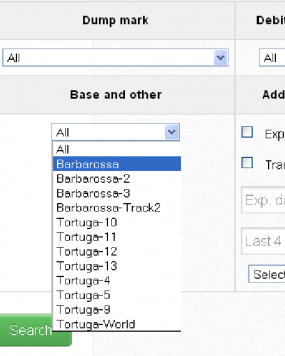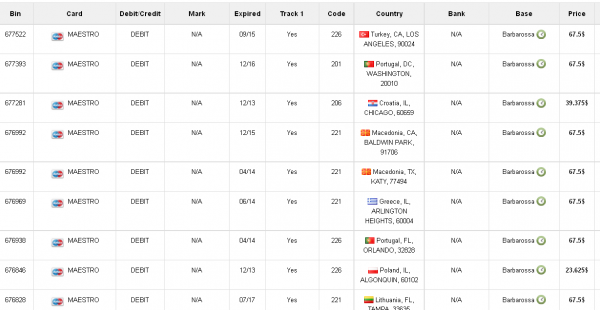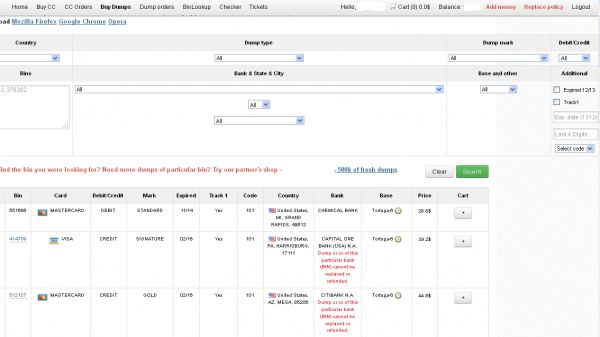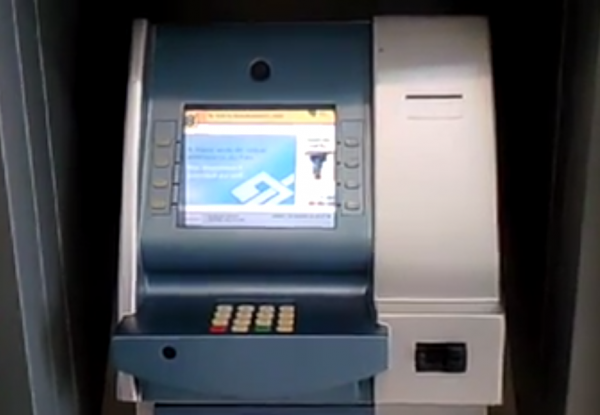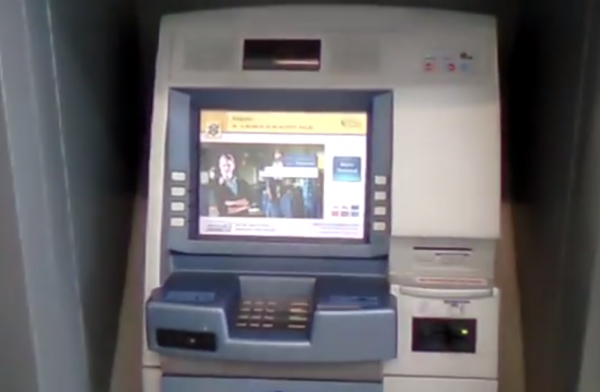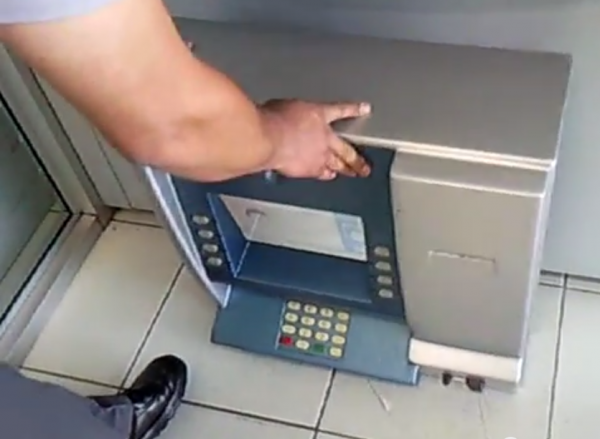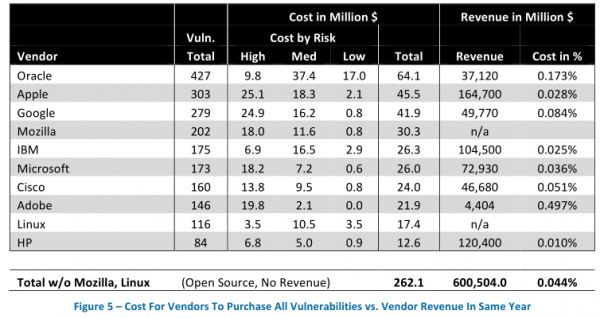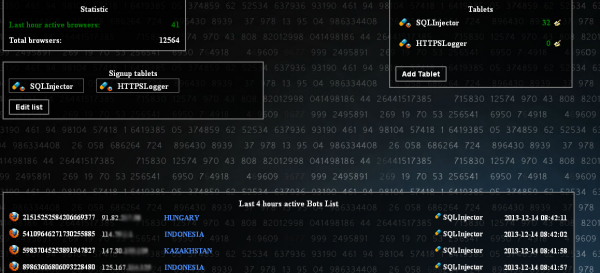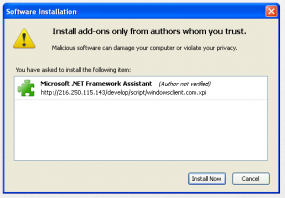A California escrow firm that was forced out of business last year after a $1.5 million cyberheist is now suing its former bank to recoup the lost funds.
 A state-appointed receiver for the now defunct Huntington Beach, Calif. based Efficient Services Escrow has filed suit against First Foundation Bank, alleging that the bank’s security procedures were not up to snuff, and that it failed to act in good faith when it processed three fraudulent international wire transfers totaling $1,558,439 between December 2012 and February 2013.
A state-appointed receiver for the now defunct Huntington Beach, Calif. based Efficient Services Escrow has filed suit against First Foundation Bank, alleging that the bank’s security procedures were not up to snuff, and that it failed to act in good faith when it processed three fraudulent international wire transfers totaling $1,558,439 between December 2012 and February 2013.
The lawsuit, filed in the Superior Court for Orange County, is the latest in a series of legal battles over whether banks can and should be held more accountable for losses stemming from account takeovers. In the United States, consumers have little to no liability if a computer infection from a banking Trojan leads to the emptying of their bank accounts — provided that victims alert their bank in a timely manner. Businesses of all sizes, however, enjoy no such protection, with many small business owners shockingly unaware of the risks of banking online.
As I wrote in an August 2013 story, the heist began in December 2012 with a $432,215 fraudulent wire sent from the accounts of Huntington Beach, Calif. based Efficient Services Escrow Group to a bank in Moscow. In January, the attackers struck again, sending two more fraudulent wires totaling $1.1 million to accounts in the Heilongjiang Province of China, a northern region in China on the border with Russia.
This same province was the subject of a 2011 FBI alert on cyberheist activity. The FBI warned that cyber thieves had in the previous year alone stolen approximately $20 million from small to mid-sized businesses through fraudulent wire transfers sent to Chinese economic and trade companies.
Efficient Services and its bank were able to recover the wire to Russia, but the two wires to China totaling $1.1 million were long gone. Under California law, escrow and title companies are required to immediately report any lost funds. When Efficient reported the incident to state regulators, the California Department of Corporations gave the firm three days to come up with money to replace the stolen funds.
Three days later, with Efficient no closer to recovering the funds, the state stepped in and shut the company down. As a result, Efficient was forced to lay off its entire staff of nine employees.
On Dec. 6, the lawyer appointed to be Efficient’s receiver sued First Foundation in a bid to recover the outstanding $1.1 million on behalf of the firm’s former customers. The suit alleges that the bank’s security procedures were not “commercially reasonable,” and that the bank failed to act in “good faith” when it processed international wire transfers on behalf of the escrow firm.
Like most U.S. states, California has adopted the Uniform Commercial Code (UCC), which holds that a payment order received by the [bank] is “effective as the order of the customer, whether or not authorized, if the security procedure is a commercially reasonable method of providing security against unauthorized payment orders, and the bank proves that it accepted the payment order in good faith and in compliance with the security procedure and any written agreement or instruction of the customer restricting acceptance of payment orders issued in the name of the customer.”
As evidenced by the dozens of stories in my series, Target: Small Businesses, companies do not enjoy the same protections as consumers when banking online. If a banking Trojan infection results in cyber thieves emptying the bank accounts of a small business, that organization is essentially at the mercy of their financial institution, which very often in these situations disavows any responsibility for the breach, and may in fact stonewall the victim company as a result. That can leave victim organizations in a quandary: They can swallow their pride and chalk it up to a learning experience, or opt to sue the bank to recover their losses. Of course, suing your bank can be cost-prohibitive unless the loss is significantly larger than the amount the victim might expect to spend hiring lawyers to pursue the case on the often long road to settlement or trial.
The plaintiffs in this case allege that part of the reason the bank’s security procedures were not commercially reasonable was that one component of the bank’s core security protection — the requirement that customers enter a code generated by a customer-supplied security token that changes every 32 seconds — had failed in the days leading up to the fraudulent transfers. I would argue that security tokens are a mere security speed bump whose effectiveness is easily bypassed by today’s cyber thieves. But in any case, this lawsuit claims that rather than address that failure, the bank simply chose to disable this feature for Efficient Services.
First Foundation did not return calls seeking comment. But the bank did produce an incident report that is now public record, thanks to this lawsuit (see the “Exhibit J” section of this PDF case document). The document states that the company had previously performed international wire transfers, and so it saw nothing unusual about half-million-dollar transfers to China. According to the plaintiffs, however, Efficient escrow had merely inquired about the possibility of international wires, yet had not actually performed wire transfers outside of the United States previously.








![A private message on cpro[dot]su between Rescator and a member interested in his card shop. Notice the ad for Rescator's email flood service at the bottom.](https://krebsonsecurity.com/wp-content/uploads/2013/12/rescator-pm-cpro-600x153.png)
![Rescator, a.k.a. "Hel" a.k.a. "Helkern" the onetime administrator of the Darklife forum, introduces himself to vor[dot]cc crime forum members.](https://krebsonsecurity.com/wp-content/uploads/2013/12/vor-1edited-600x414.png)
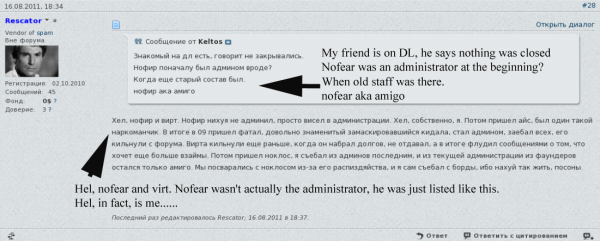
![Darklife admin "Helkern" brags to other members about hacking into cih[dot]ms, a more elite Russian hacking forum.](https://krebsonsecurity.com/wp-content/uploads/2013/12/cihhacked-600x470.png)


